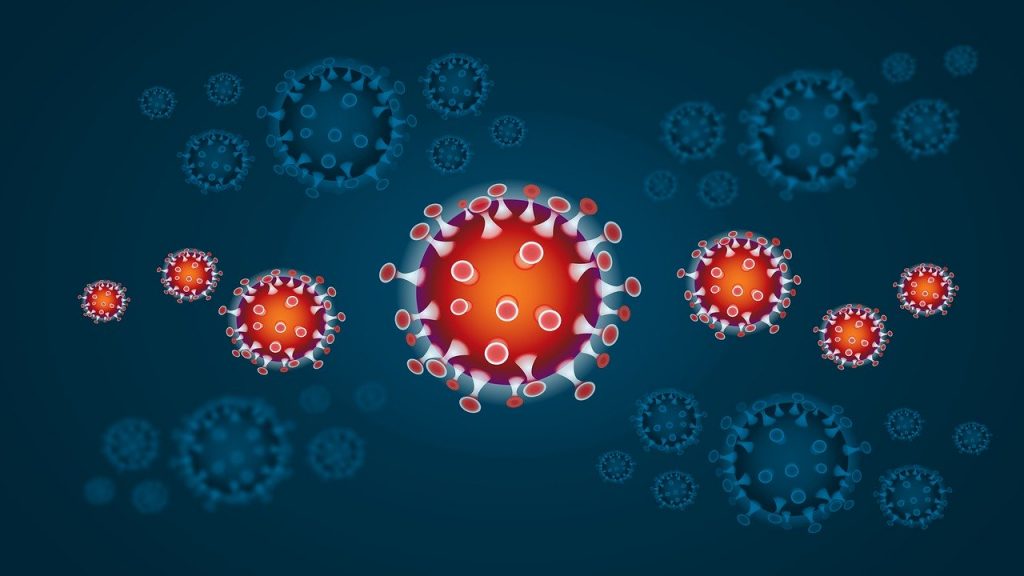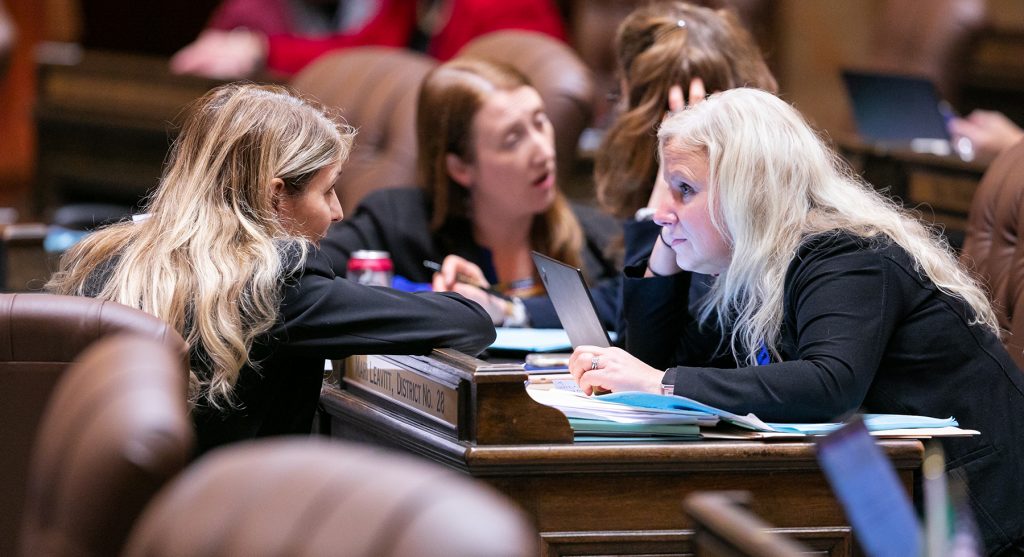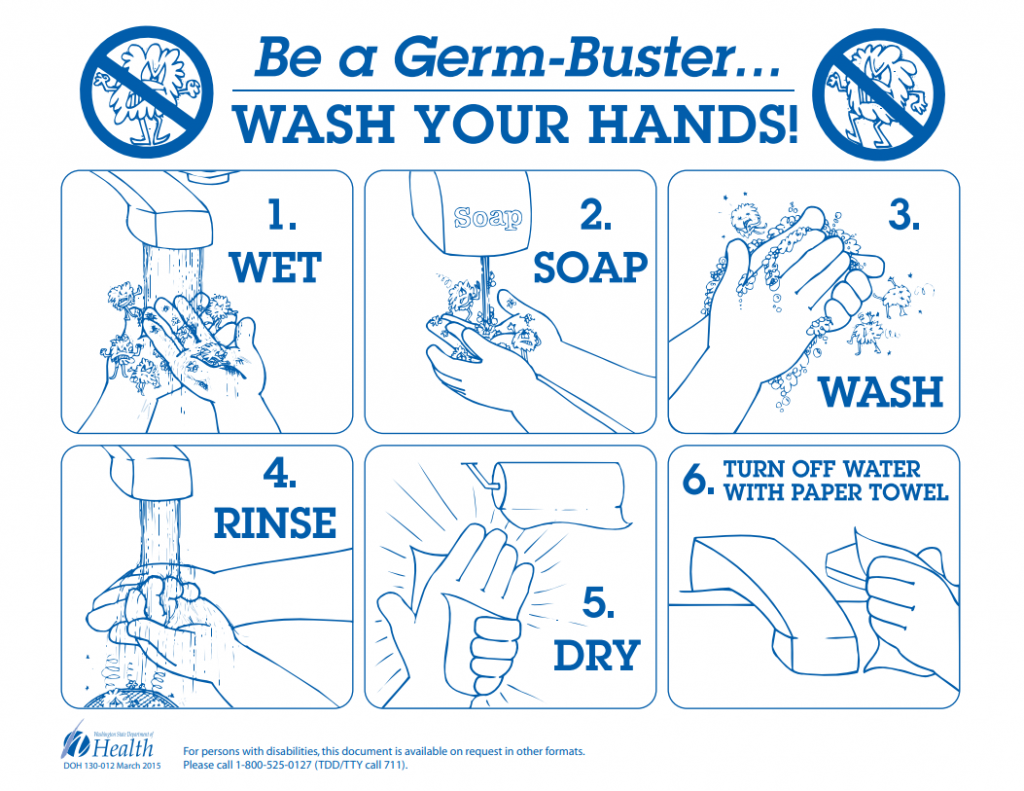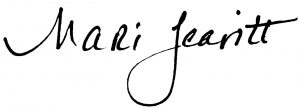Thursday evening, the Legislature adjourned sine die for the 2020 Legislative Session, ending our work for the year. The very last bill we passed was the Legislature’s response to the coronavirus, COVID-19. We also passed final supplemental operating, transportation, and capital budgets, which I will update you on soon.
First, let me tell you about what the Legislature has done. Then, I will give you some information shared with me by Washington Secretary of Health John Wiesman. Finally, I’ll share best practices we can all take to help hospitals, nurses, and doctors from being overwhelmed with COVID-19 patients.
$200 million for coronavirus response
On March 2, the House introduced a bipartisan bill, which I co-sponsored, to funnel millions of dollars from the state rainy day fund into coronavirus needs. On March 3, the House passed that funding bill for $100 million with unanimous support. The Senate passed it on March 4, with a few minor amendments. But the House chose not to concur, because the situation had changed so quickly between March 2 and March 4 that we knew we may have to reevaluate how much funding would be required.
Over the course of the past week, legislative leaders have been in contact with the Department of Health (DOH), county public health departments, and federal officials, along with school districts and the state Office of Superintendent of Public Instruction. It became clear we had to do a lot more than $100 million for public health needs. On Thursday, the very last bill the Legislature passed was the House amended coronavirus response bill for $200 million in funding, which included the following:
- $175 million transferred from the state rainy day fund to be appropriated for state and local governments and tribes to respond to the novel coronavirus;
- That funding will reimburse public health departments working on identifying cases of COVID-19 across the state, hire more nurses to help free up hospital beds and transfer qualified uninfected patients to nursing homes, and ramp up testing facilities;
- $25 million transferred from the rainy day fund for unemployment benefits for employees who are temporarily laid off due to the COVID-19 outbreak; and
- Allows the state Board of Education to provide waivers to local school districts for high school graduation requirements for students impacted by school closure related to COVID-19.
We took the coronavirus outbreak seriously from the beginning and that’s why we waited to make sure we included as many changes as we needed before passing this bill, including the most important issues brought to us by local communities.
Social distancing: Why it’s important
Also on the last day of session, Washington Secretary of Health John Wiesman briefed us on what is happening on the ground and what they are recommending to people. I wanted to share those recommendations to you because they can quite literally save lives.
You’ve probably heard about “social distancing” and maybe you aren’t quite sure what that means. Basically, it means avoiding people as much as possible. That might mean working from home if you are able or canceling planned social events like a weekly card game or brunch with friends. It also means staying at least six feet away from others when you must be in public. Why is that important?
Secretary Wiesman told us that they expect that, without limiting contact, 25,000 people could be infected with COVID-19 by April 5. If that happens, up to 500 people could die within that same time period.
But, if we start limiting our contact with others, those numbers drop dramatically. If you reduce your daily contact with people by 25 percent (meaning, you have contact with 25 percent fewer people per day), the number of infections could drop to 9,700. And if you reduce your daily contact with people by 75 percent, the number of infections by April 5 drops to just 1,700. That could mean hundreds of saved lives just by spending more time apart from others for the next few weeks.
I understand not everyone can practice social distancing to that extent due to work or family obligations. But for those of us who can, this is one way we can save real lives while we all weather this outbreak together.
How you can keep yourself healthy
Secretary Wiesman also wanted me to remind you of what you can do to keep yourself and others healthy:
- Wash your hands often and avoid touching your face.
- Stay home when you’re sick. If you are sick and wondering what to do, call your healthcare provider before you go to a clinic or emergency room.
- Adhere to the Governor’s request to cancel large, in-person gatherings of over 250 people and local guidance for smaller gatherings as applicable, making use of technology solutions whenever possible.
Remember that washing your hands doesn’t mean just splashing some water and drying off on your shirt. You need to wet your hands, scrub with soap and rinse for at least 20 seconds, and dry with a clean towel or paper towel. And turn the water off with your paper towel if possible. I like to sing my favorite song chorus when I wash my hands, but something as simple as the “Happy Birthday” song twice will work.
You can also start avoiding touching surfaces with your hands, including doors, light switches etc. and make sure to wash your hands after opening doors, leaving the house, exiting your car or public transportation, before every meal, and frequently throughout the day.
I hope this has been helpful to you as we all consider how to navigate this pandemic. Our first responders, medical providers, and public health officials are doing great work to help everyone affected and keep us all informed and I am so grateful for their service.
For those of you with school aged children, I know as a mom of three still at home myself, that these next six weeks can be a challenge. If you are on free or reduced lunch, school districts have plans in place at locations in nearby areas. Please check with your district office for more information.
It’s an honor and privilege to serve as your representative in Olympia.




